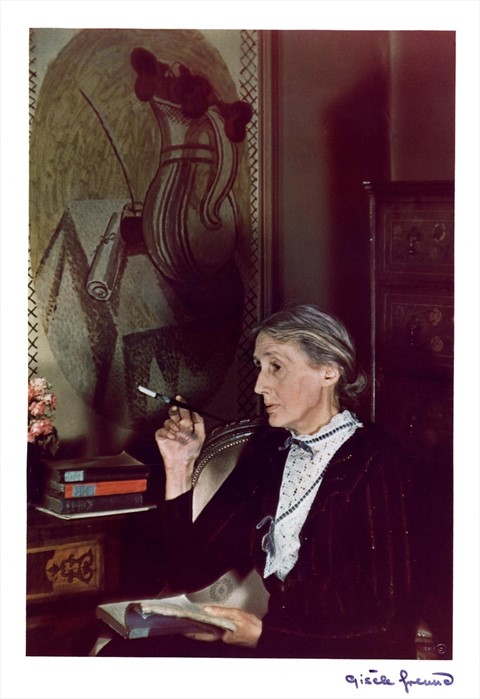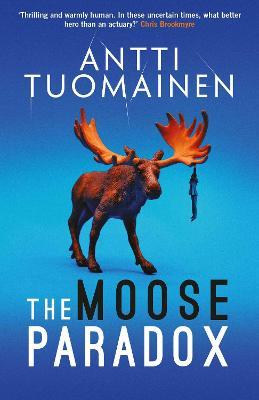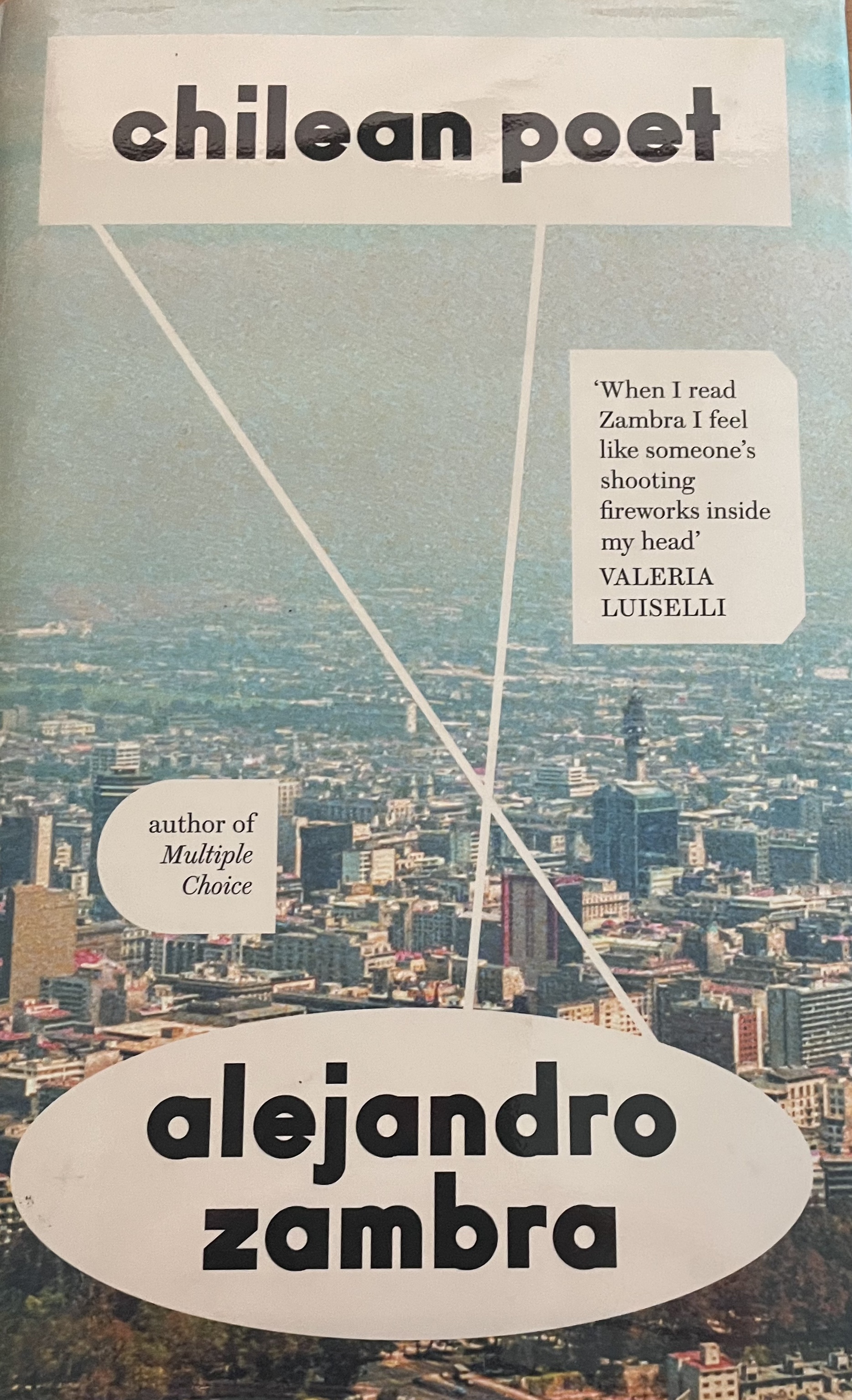
Well, I did try. I dislike Virginia Woolf as a person so intensely that I find it hard to be fair to her as a writer, but after listening to David Runciman’s podcast about A Room Of One’s Own on his excellent series Past, Present, Future, I decided to revisit it for the first time since my undergraduate days. Runciman thinks this is perhaps the best essay of the 20th century. I beg to differ.
Of course Woolf is right to say that the playing field is vastly unequal for men and women, that women have no chance of achieving the ease and acceptance of male writers if they don’t have the same educational opportunities or the same freedom to make their own way in the world.
But I don’t agree with Woolf that she could only have and express these thoughts because she had an assured income from an inheritance and a literal room of her own. This is an aristocratic view of the writer’s life that’s contradicted by many of the examples she herself gives – Jane Austen, George Eliot, Aphra Behn. In fact she does a disservice to women’s creative abilities by assuming that they need to be free of everyday burdens in order to write. Very few men are in that situation, either; they often have to scramble to make a living and find time to write.
This aristocratic view of the writing life is a severe limitation on Woolf’s own capacity for imagination. Here’s what she said (not in this essay) about Ulysses:
An illiterate, underbred book, it seems to me; the book of a self-taught working man, and we all know how distressing they are, how egotistic, insistent, raw, striking, and ultimately nauseating.
She may have had the education, the income, the accepted place in the literary world that she argues women writers must have, but it didn’t broaden her mind or free up her imagination. In that she isn’t any different from the male writers she criticises. A Room With A View was timely and important, but we’ve outgrown it.






